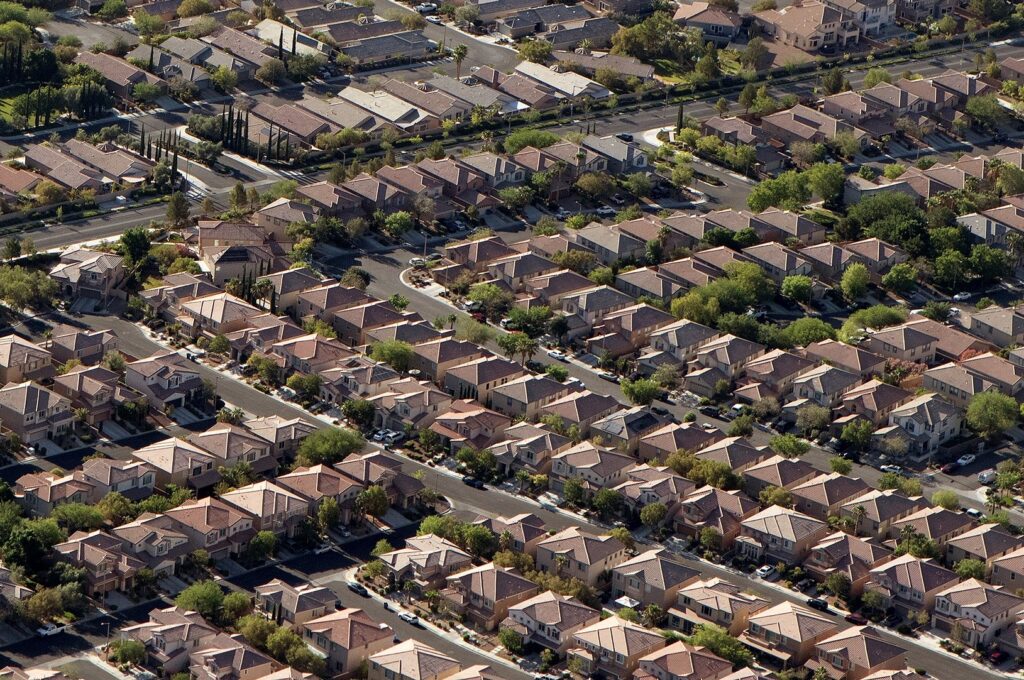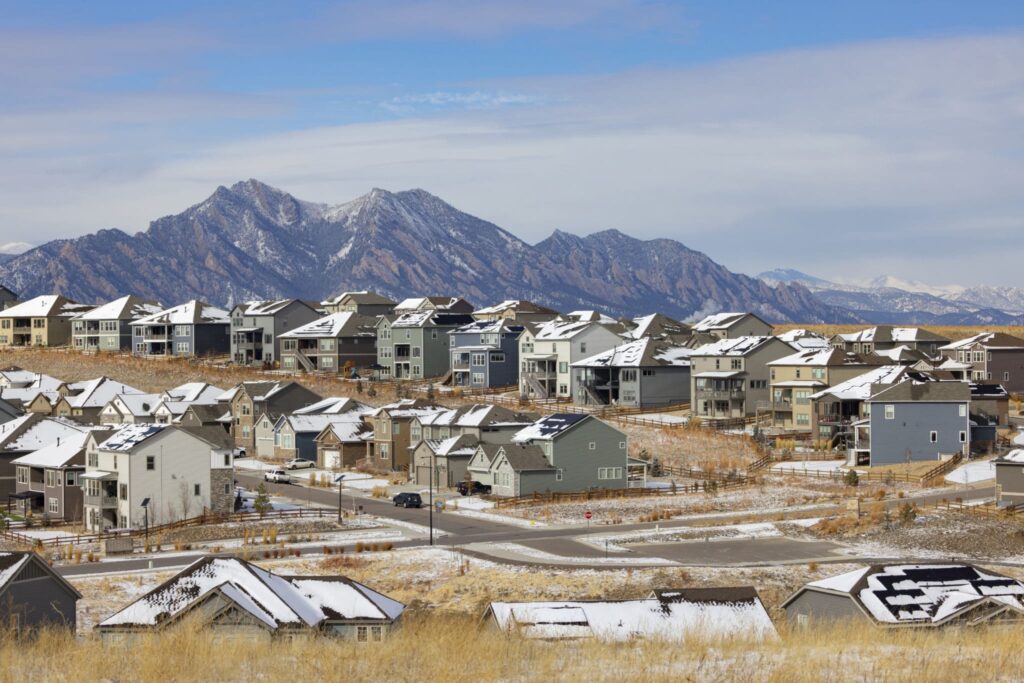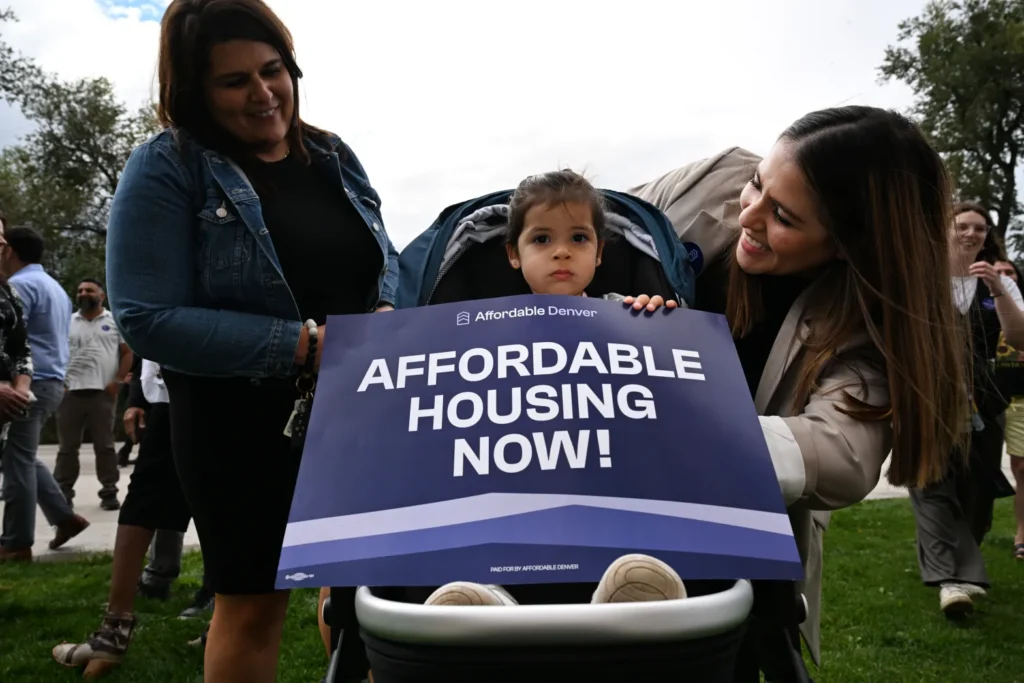
Andrew Ackerman and Nicole Friedman with the Wall Street Journal outline how President Biden’s infrastructure proposal could help cities address their housing shortages.
A Biden administration push to increase the supply of affordable housing aims to coax states and localities into easing restrictions on new construction, a bid to help address a historic shortage of new housing.
A roughly $213 billion affordable-housing initiative in the $2.3 trillion infrastructure plan unveiled last week includes a competitive grant program to target so-called exclusionary zoning laws that the administration says have inflated housing and construction costs and locked families out of areas with more opportunities. The grant program will be at least $5 billion, according to an administration official.
Local zoning and land-use regulations—such as minimum lot sizes, parking requirements and prohibitions on multifamily housing—have proliferated since the 1970s. Housing shortages have also extended beyond expensive coastal areas like Boston and San Francisco to places like Grand Rapids, Mich., and Austin, Texas.
More recently, shortages have been exacerbated by record-low mortgage rates and the Covid-19 pandemic, which stoked city-dwellers’ desire to escape cramped living quarters for more spacious suburban homes.




